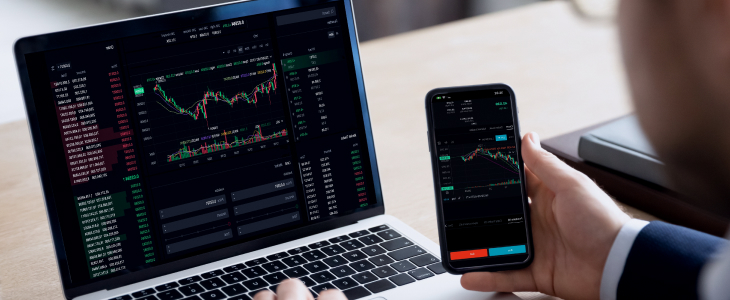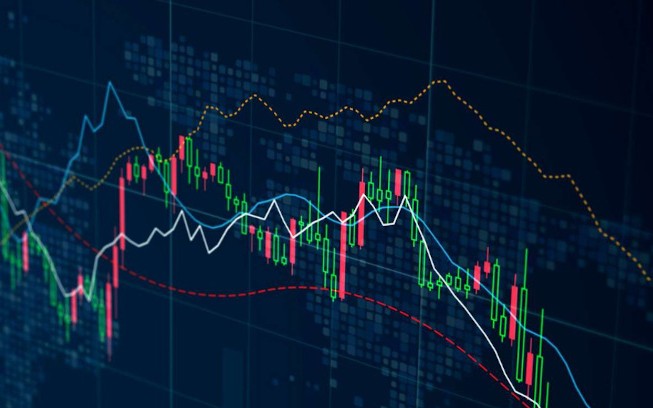
In the world of Forex trading, having a robust framework is crucial for success. The volatility and unpredictability of the currency market demand that traders not only have a reliable strategy but also adhere to best practices through professional guidelines. For more insights and resources, visit forex trading framework professional guidelines forex-level.com.
Introduction to Forex Trading Framework
Forex trading, the act of exchanging one currency for another, occurs in a global, decentralized market. The framework within which traders operate substantially impacts their success rate. This article outlines professional guidelines that support traders in navigating the complexities of Forex trading. These guidelines combine technical analysis, risk management, and trader psychology to form a comprehensive approach to Forex.
Understanding the Forex Market
The Forex market is the largest financial market in the world, with a daily trading volume exceeding $6 trillion. Understanding the different components of this market is critical for developing an effective trading strategy. Key players in the Forex market include central banks, commercial banks, hedge funds, corporations, and individual traders.
Traders primarily participate in one of two types of trades: spot trading and derivative trading. Spot trading involves the immediate exchange of currencies, while derivative trading includes instruments like options and futures that derive their value from currency pairs. Grasping these concepts is fundamental for any trader seeking success in Forex.
Establishing a Trading Plan
A well-defined trading plan is vital for success in Forex trading. A good trading plan incorporates the following elements:
- Market Analysis: Use both technical and fundamental analysis to assess the potential of currency pairs.
- Risk Management: Determine the amount of capital allocated to each trade and the overall risk exposure.
- Goals and Objectives: Clearly define your financial goals, such as profit targets and acceptable loss levels.
- Trade Execution: Outline the processes for entering and exiting trades, including the use of stop-loss and take-profit orders.

A trader’s plan should not only serve as a roadmap but also be flexible enough to adapt to changing market conditions. Regularly reviewing and adjusting your plan can enhance your trading effectiveness.
Risk Management Strategies
Effective risk management is one of the cornerstones of professional Forex trading. It is essential to protect your capital while maximizing potential profits. Below are key risk management strategies every trader should employ:
- Position Sizing: Determine the size of your trading positions based on your total capital and risk tolerance. A common rule is to risk no more than 1% to 3% of your capital on a single trade.
- Diversification: Avoid over-concentration in one currency pair. By diversifying your trades across different pairs, you can reduce the overall risk.
- Setting Stop-Loss Orders: Always employ stop-loss orders to minimize losses. This automated feature can help you enforce discipline in volatile markets.
- Regularly Reviewing Trades: Assess your past trades to identify patterns or mistakes that may be negatively impacting your performance.
Incorporating these strategies into your trading routine reinforces a disciplined approach and can lead to consistent results over time.
Technical Analysis in Forex Trading
Technical analysis is the study of historical price movements and trading volumes to predict future price movements. It relies primarily on charts and technical indicators, with the premise that historical patterns will likely repeat themselves. Important components of technical analysis include:
- Charts: Understand different chart types like line charts, bar charts, and candlestick charts to visualize price data.
- Indicators: Common indicators include Moving Averages, Relative Strength Index (RSI), and Fibonacci retracement levels, which assist traders in making informed decisions.
- Support and Resistance Levels: Identify key support and resistance levels to gauge potential reversal points in the market.
A trader can enhance their decision-making process by combining various technical indicators to identify entry and exit points. Mastery of technical analysis takes time and practice, but it is invaluable for Forex success.

The Role of Trader Psychology
Trader psychology significantly influences trading decisions and outcomes. Emotions like fear and greed can lead to irrational decision-making, ultimately affecting performance. Here are some psychological principles to consider:
- Discipline: Stick to your trading plan and avoid making impulsive trades based on emotions.
- Patience: Wait for the right trading opportunities according to your analysis, rather than forcing trades to avoid boredom or frustration.
- Self-awareness: Be conscious of your emotional state and its potential impact on trading decisions. Keep a trading journal to reflect on past trades and emotional triggers.
- Overcoming Loss Aversion: Developing a healthy relationship with loss can help mitigate detrimental psychological effects. Accept losses as a natural part of trading.
Cultivating a positive trading mindset is essential to maintain a balanced approach, especially amidst the market’s ups and downs.
Utilizing Trading Tools and Resources
An array of trading tools and resources is available to enhance your Forex trading experience. Familiarizing yourself with these can improve your skills and information access. Some useful tools include:
- Trading Platforms: Popular platforms like MetaTrader 4/5 offer extensive tools for analysis and execution.
- Economic Calendar: Stay updated with economic news and reports that can impact currency prices.
- Demo Accounts: Utilize demo accounts to practice trading without risking real money.
- Educational Resources: Consider online courses, webinars, and trading blogs to expand your knowledge and skills.
Utilizing these resources will give you a competitive edge in the Forex market.
Conclusion
Navigating the complexities of Forex trading requires a solid framework anchored by professional guidelines. By establishing a disciplined trading plan, implementing robust risk management strategies, mastering technical analysis, understanding trader psychology, and employing relevant tools, any trader can enhance their chances of success. The ever-evolving Forex market presents ample opportunities for those prepared and informed. Always remember, education and continuous improvement are key in the pursuit of Forex trading excellence.
